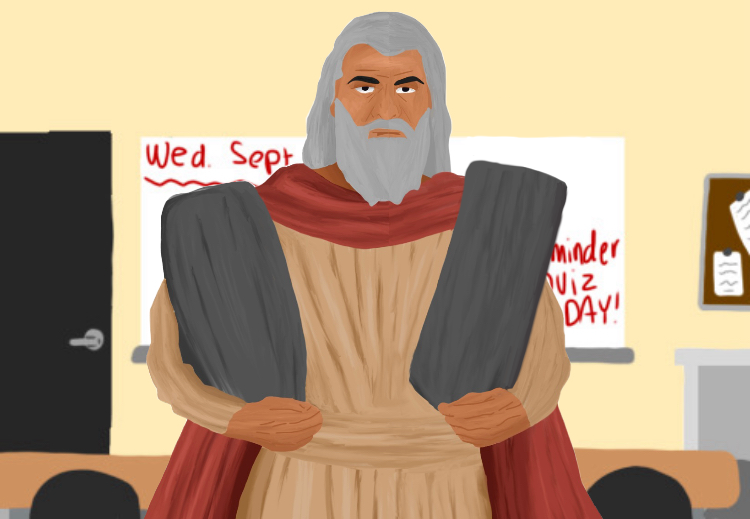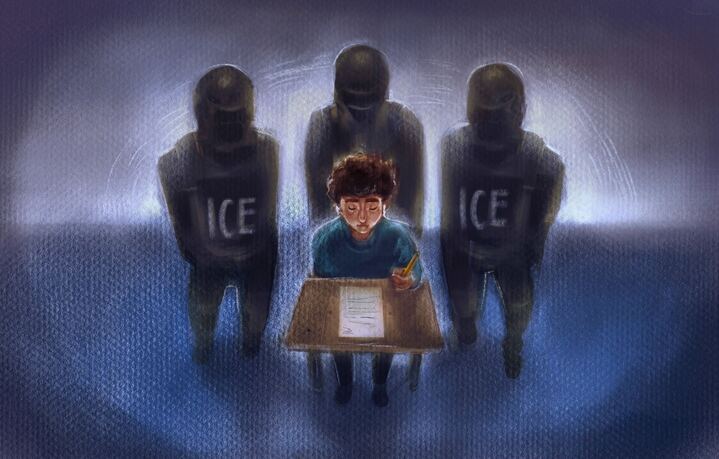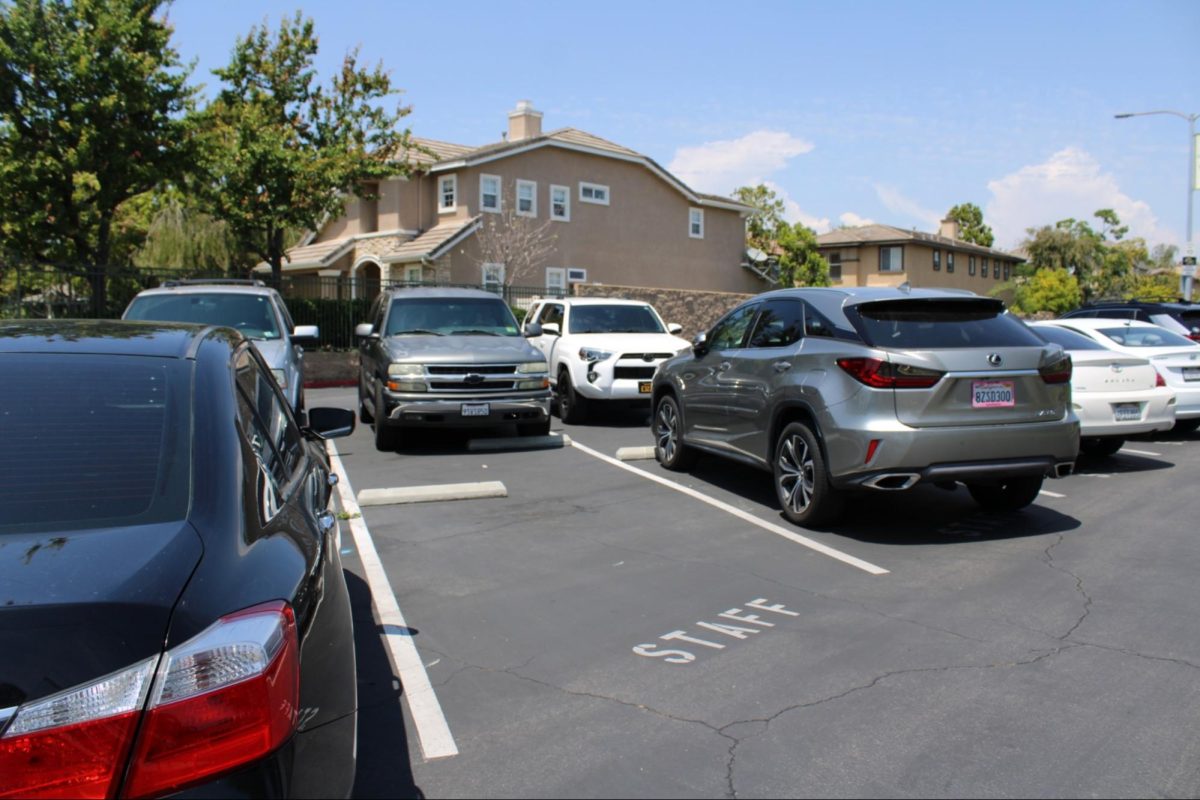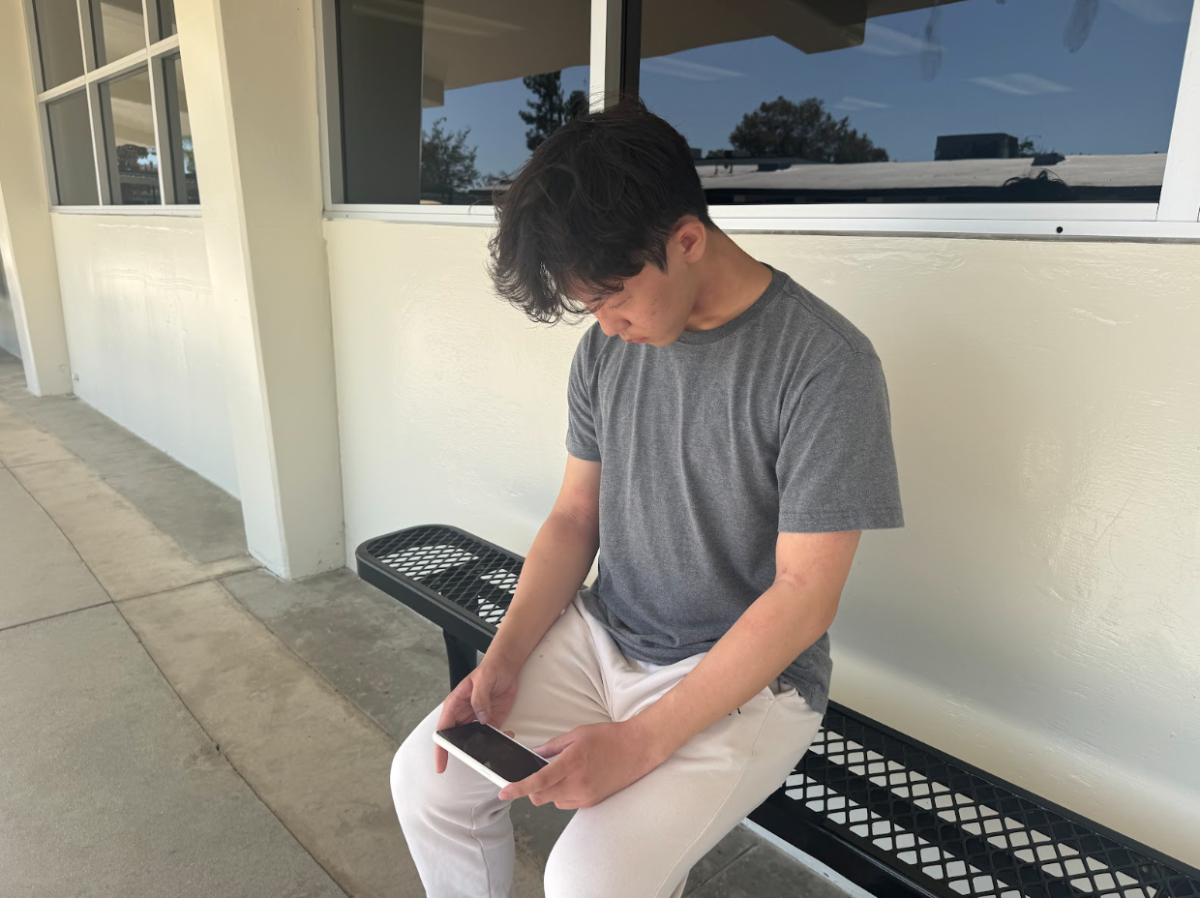Starting Jan. 1, 2025, every public school classroom in Louisiana must display a poster of the Ten Commandments. Just northwest in Oklahoma, the state superintendent has mandated that at the start of the 2024-2025 school year, all public schools must incorporate the Bible into their curriculum for grades 5-12 or face having educators’ teaching credentials revoked.
These states – known for their conservative, Republican-leaning leaders – are not alone in their brazen yet hurtful approach toward pushing Christian texts onto the next generation in the guise of education.
In 2023, Texas legislators tried unsuccessfully to do the same as Louisiana with the codes of conduct that Judeo-Christians believe came from a man named Moses as described in Exodus. The Texas bill only failed because it did not attract enough votes for legislators to pass it forward for the Texas governor to sign it into law.
Besides Texas, at least 14 states – nine of which hail from the region known as the “Bible Belt” – want to bring chaplains to counsel students in public schools. Fortunately, a majority of these bills never made it past the light of day to become laws with the exception of the ones in Florida and Louisiana.
Obviously, what’s going on with these Judeo-Christian incursions strike at a constitutional issue known as the separation of church and state. In an Accolade September poll with 105 responses, it asks if students “should learn more from the Bible and the Ten Commandments.” The results showed students have mixed opinions on the matter.
While 33% answered “Yes,” only 7% more were against the idea, while another 27% responded with, “It doesn’t matter to me.”
As expected, proponents of the separation of church and state took legal action against Louisiana and Oklahoma. Social media also was abuzz with debates on whether what those two states are doing would be considered constitutional.
Nevertheless, Louisiana and Oklahoma officials don’t see it as a violation of the Constitution, and that’s wherein the problem lies.
In a Friday, June 21 online article posted by The Hill that included a video interview, Gov. Jeffrey Landry responded to the criticism he had received just two days after signing the Louisiana bill into law.
“[Moses] is the original giver of law,” Landry said. “Most of our laws in this country are founded on the Ten Commandments, what’s the big problem? And that’s the part I don’t understand.”
What Landry should understand is a concept known as reverse psychology. The more teachers and students are forced to face a religious text, the more they would more than likely feel antagonistic toward it. A Nov. 17, 2020, article from Cleveland Clinic explains the psychology of why humans don’t like being told what to do. This rebellious act is called “psychological reaction,” which occurs after people feel their choices are restricted.
“Resistance is engrained into our culture and brains from a young age,” according to a statement that Jane Pernotto Ehrman, a behavior health therapist, made in the article. “Everyone has some form of inner rebel that likes to question or do the opposite of what we’re told.”
Another issue that Landry should realize is how hurtful this mandate could be toward the percentage of self-identified Christians in the nation. According to the Pew Research Center, Christians constitute 63% of the U.S. population in December 2021. A decade earlier, that percentage was 12% higher at 75% of the population. It wouldn’t be surprising if that statistic continues to drop another 10% or more by the next decade after 2021 simply because of this forced religion.
As for Oklahoma, state superintendent of public instruction Ryan Walters came up with his edict about the Bible. When he got criticized over it, he argued that the Bible is indispensable for students to understand American history and how the United States developed, according to a Thursday, June 27, online article from BBC News.
“Without basic knowledge of it, Oklahoma students are unable to properly contextualize the foundation of our nation, which is why Oklahoma educational standards provide for its instruction,” Walters said.
Though he is a Christian himself, Bixby, Oklahoma, school superintendent Rob Miller is opposed to this mandate and says the Bible doesn’t make sense in a math or chemistry class.
“If there is no curricular standard that ties with that particular classroom, what would be the purpose of a Bible if not for pure indoctrination?” Miller said. “As a Christian myself, I am a little offended by diminishing the word of God to a mere classroom prop.”
Oklahoma City Mid-Del school district superintendent Rick Cobb told PBS of his staff and his own intentions to resist altering the curriculum to make way for the Bible.
“We are following the law, and that’s to teach the academic standards,’ Cobb said. “This has nothing to do with being ‘woke.’ This is about letting our teachers, who are professionals, do what they know how to do in the classroom.”
These issues will linger in court until most likely the Supreme Court hears arguments from both sides. Meanwhile, these religious zealots from the South and their campaigns to restrict religious freedoms are actually doing more harm than good to their own religion, Christianity. In fact, this could very well lead to a crisis in Christianity among its own faithful followers.
Fortunately for those of us living in Democratic Blue states like California, such overt religious campaigns will never see the light of day. The closest exposure students here will have to the Bible or biblical passages would be for anyone who cares to notice them at the bottom of an In-N-Out cup or burger wrapper.
Let’s hope those in the Bible Belt don’t get any ideas to start doing the same with public school cafeteria containers or napkins.























![Students and staff across the Fullerton Joint Union High School District [FJUHSD] received emails promoting a part time job offer with pay. The messages were set from compromised FJUHSD accounts.](https://shhsaccolade.com/wp-content/uploads/2025/09/image1-2-1200x527.png)

char.li • Sep 23, 2024 at 10:02 pm
i’m with rob miller on this one. it’s not like the Bible has no place in schools, but mandating the permanence strikes more opposition than it ends.